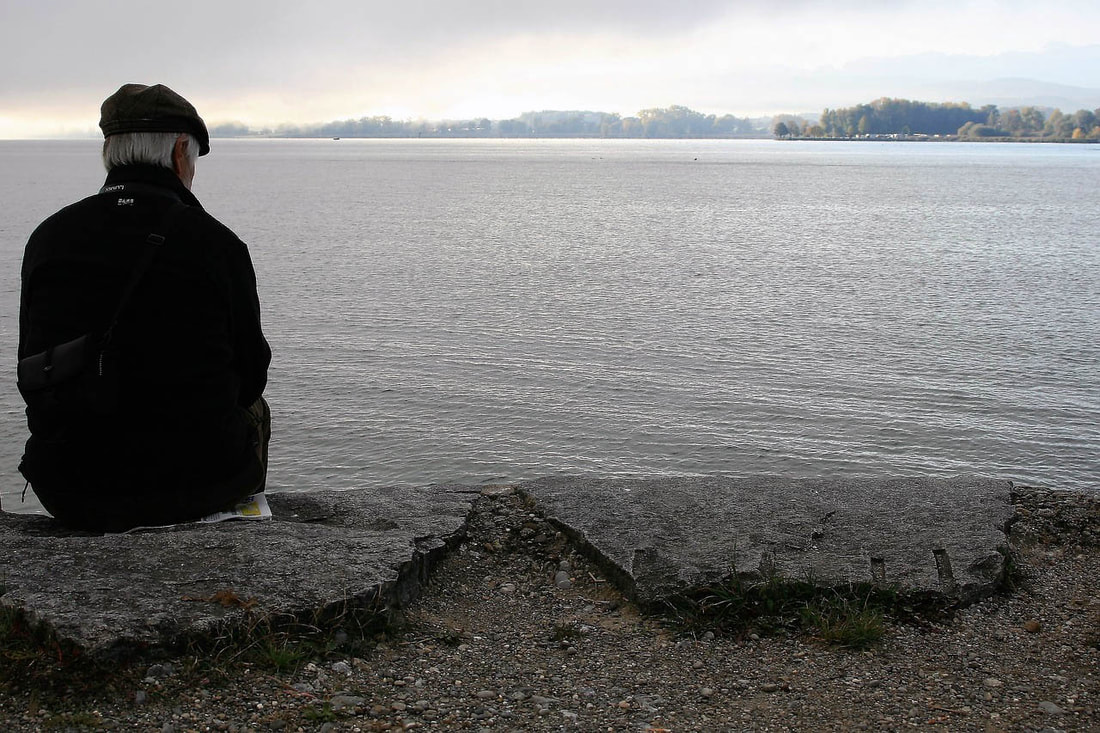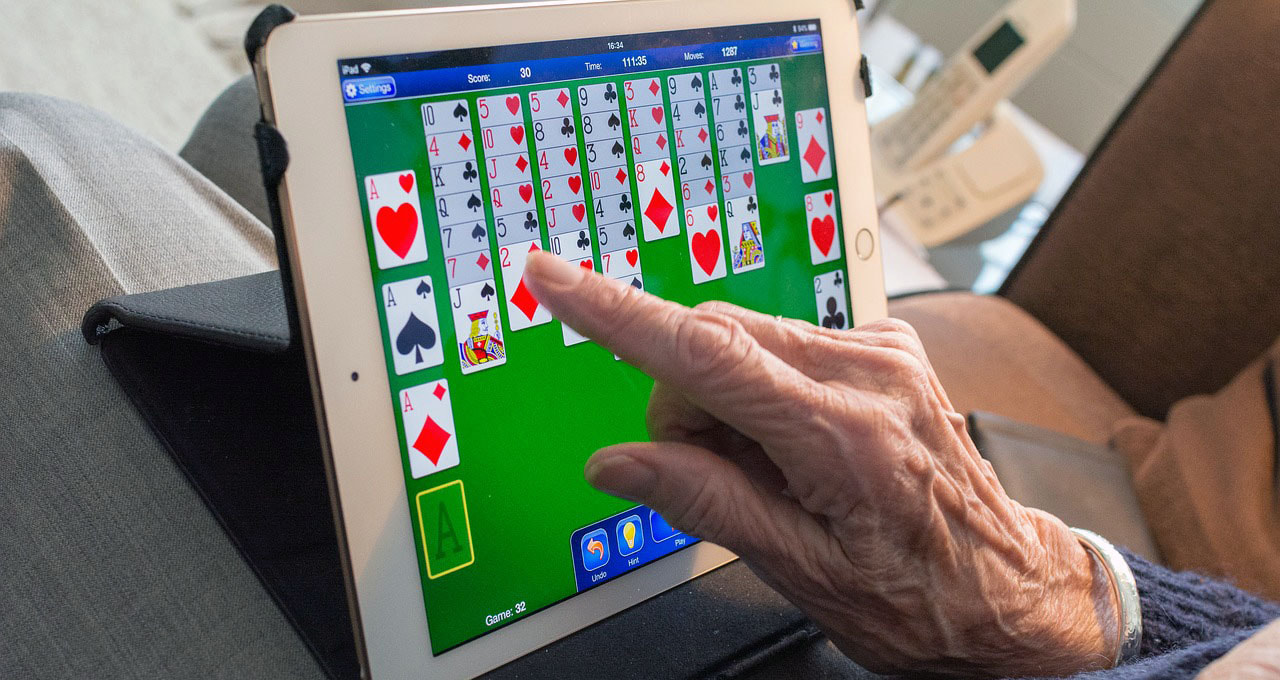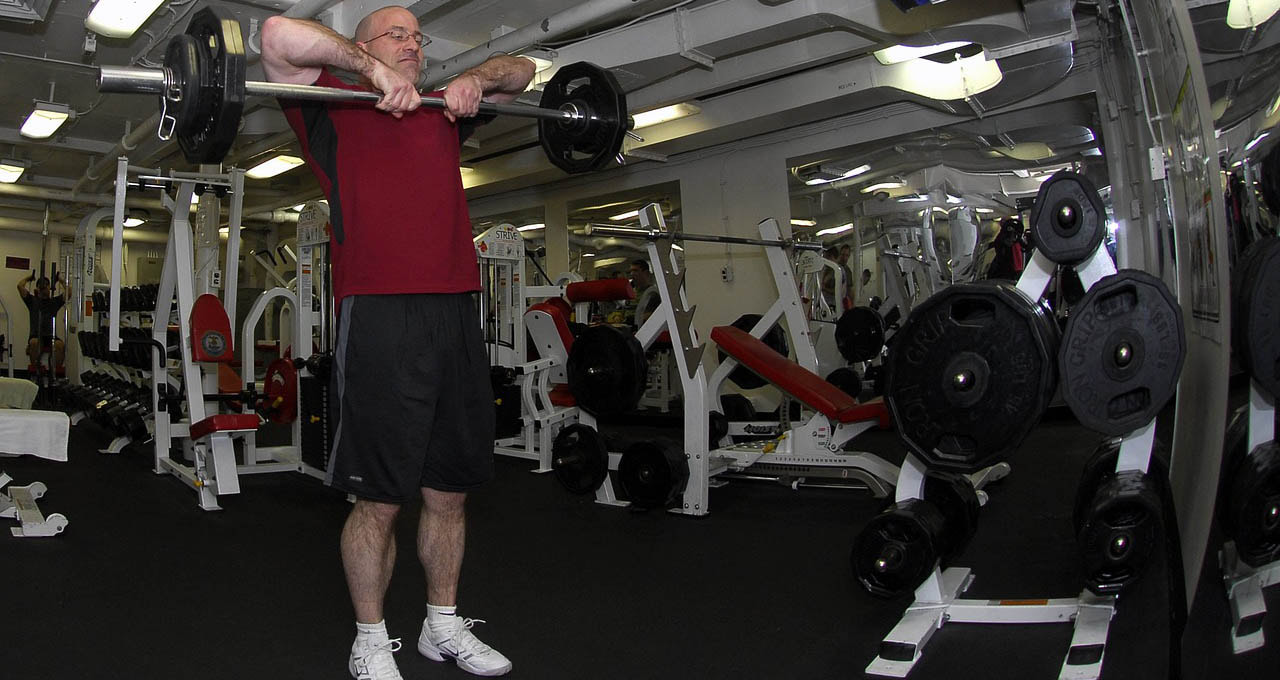|
By Anna Hazard
View the Rest of the SeriesIntroduction
Loneliness is a common problem to be found within the elderly population as social contact tends to decrease with age due to mobility and health problems as well as shrinking social circles caused by friends & family moving or passing away. These instances of social isolation tend to grow more prominent during major life transitions such as the death of family members, retirement, financial instability, surgeries or other bouts of sickness, as well as losing the ability to drive.
Chronic loneliness can have a particularly marked impact on seniors physical & mental well-being as well as their overall life expectancy. In particular the stress of loneliness and social isolation has been linked to increased risks of developing anxiety & depression, obesity, weakened immune system, cognitive decline & memory problems, high blood pressure, heart disease, stroke, Alzheimer's & dementia, as well as an overall greater risk of premature death. In counterpoint, people who engaged in productive social activities tended to have longer life spans, improved physical & cognitive function, better moods, and an overall sense of purpose. While certain age related changes in one's physical condition such as hearing loss or low vision can be compensated with relatively minor adjustments, others will require a bit more effort to overcome. Hearing loss is one of the most common types of disabilities within the elderly and can be very isolating as its makes communicating more difficult. Left untreated, it's a condition that has been linked to cognitive decline and increased risk for developing Alzheimers or dementia, thus the use of hearing aids (as well as any necessary visual aids) is emphatically recommended for anyone who may need them. Loneliness Busting Recommendations
Here are an assortment of suggestions to help improve social contact for seniors. While many examples are Maryland based, similar senior focused or senior appropriate programs can be found throughout the country.
Telecommunications & Video Calls
While in-person visits from friends and family are always recommended, especially during those times when one may be feeling particularly lonely or down in the dumps, such is not always possible due to time constraints and living distance. For those circumstances, a more visual way of keeping in contact may be the best method to keep away feelings of isolation.
Rather than just the appearance of text (through letters or e-mail) or voice (through a normal phone call), video calls through a computer, tablet, or smart phone can be a more personalized way of keeping in contact. Depending upon the equipment being used, there are a variety of free to inexpensive programs and software that make video conferencing available from Skype to Google Hangouts to Facebook Messenger. For those seniors seeking more robust equipment or who may like the myriad other uses (from gaming to creating art to typing up large documents), there are a variety of easier to use full computer systems available. [1, 2, 3] including the WOW! Computer specifically designed for seniors. Unlike other options, computers are a bulkier & less mobile choice that will most probably require installing specific video conferencing equipment (and may require buying a separate webcam if one is not included within the computer monitor). However, a desktop or laptop computer also provides the most options for continuing a senior's other hobbies (such as databases for stamp collecting, photo editing of family pictures, etc) Tablets are a middle of the road alternative that is generally less expensive and easier to handle & understand than full computer systems, yet still provides a variety of other entertainment options (such as perusing digital books & other media, note taking, and playing games too robust for cell phones). Tablets are a good choice for those seniors not as concerned with the mobility of taking the tablet on the go, but who may have eyesight or hand dexterity problems that make viewing and handling the tablet easier than a smaller smart phone. There are a variety of senior friendly tablets available [ 1, 2, 3] including the Grandpad which was tailored specifically for seniors. A smartphone is the smallest (and potentially least expensive depending upon the exact brand & style) and most portable option that can easily be brought to any location. Generally smart phones running the main popular operating systems (Android, iOS, or Windows) will come with a video calling option already pre-installed. Otherwise, there are a variety of free video conferencing and other communication apps available. More simplified smart phones with large buttons & displays that are senior appropriate can be found at varying price points [1, 2, 3]. This includes smart phones such as the Jitterbug Smart2 that were explicitly designed to be helpful to seniors in particular. Senior Centers, Adult Day Care, & Other Senior Appropriate Classes
Depending upon one's exact personal interests or hobbies, there can be a variety of free to low-cost classes, courses, and other organized activities available from local community colleges, libraries, activity or senior centers, and other businesses. General classes can be researched & found through sites such as Groupon, Take a Class, or Verlocal while sources for more senior focused groups, activities, and other sources can usually be found listed on a state's or county's official Department of Aging or Agencies on Aging websites.
Due to health benefits that help to prevent frailty, low impact fitness classes are often specifically recommended for seniors. In particular tai chi, pilates, and yoga are favorites due to their propensity for teaching methods for maintaining better balance (a particular subject of interest for those age 65+ who are treated for falls every 11 seconds within the USA). Other recommended low impact sports & fitness classes include swimming, pickle ball, walking, aerobics, weight lifting, golfing, and cycling. Adult Day Care is available for those who may require more assistance with their activities or a greater diversity in their daily routines as day care is available daily and includes the presence of multiple assistants with senior care experience to provide further help (such as may be necessary when walking, rising from a seat, or with health related issues such as incontinence.). While often more expensive than other options (and also not covered by Medicare), Adult Day Care will often include assisted field trips to areas of interest (such as local malls, museums, plays etc) or can bring in outside entertainment (local choirs, storytellers, senior fitness experts). Lists of all available adult day care centers can usually be found on official sites such as a state's health care commission (ie Maryland's Health Care Commission Guide to Long Term Care) as well as the National Adult Daycare Services Association while ratings, reviews, and other further details can be found in such sites as Caring.com, Aging Care, or Angie's List
0 Comments
Leave a Reply. |
AboutNews updates, tips, and guides on senior care, senior health, stress relief and a host of other caregiving related topics from the professionals at Ella Stewart Care. |





 RSS Feed
RSS Feed
